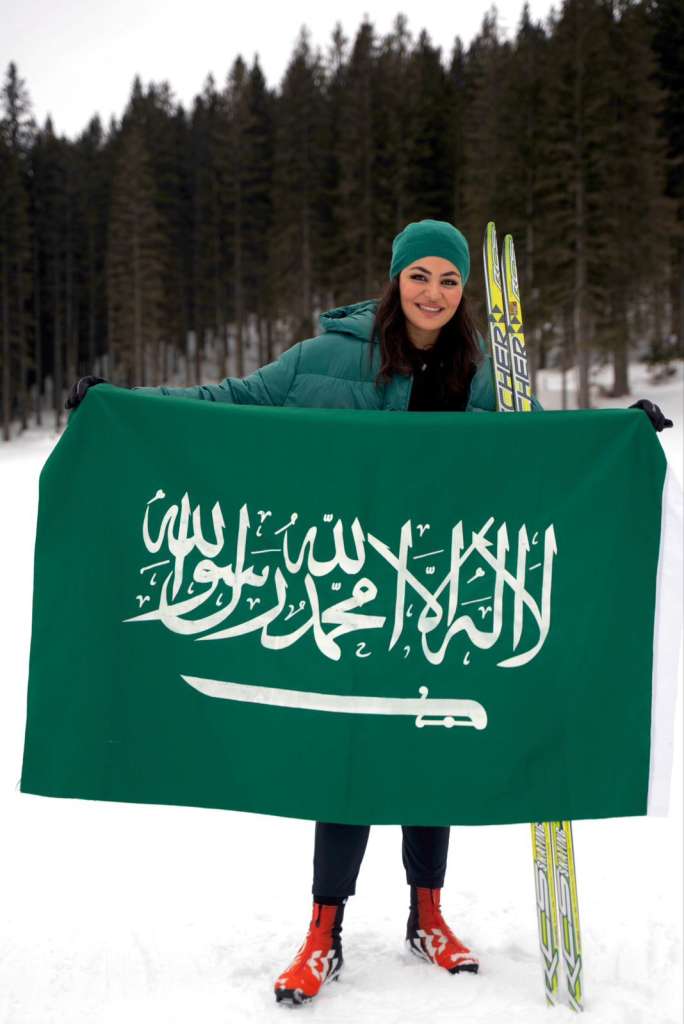Share This Article

Kariman Abuljadayel is a Saudi Arabian Olympic athlete who made history at the 2016 Summer Olympics by competing in the women’s 100-meter event. She became the first female sprinter to represent Saudi Arabia, and she did so while wearing what is considered the first Nike hijab outfit to be seen on the Olympic stage. This groundbreaking moment has since become a symbol of Saudi Arabia’s evolving support for female athletes. In recognition of her achievement, Kariman’s Nike hijab Olympic outfit was inducted into the Olympic Museum in Lausanne, Switzerland, cementing her place in Olympic history.
– Leading the Rise of Rowing in Saudi Arabia
Post 2016 Rio Olympics, Kariman embarked on a new journey, transitioning into the sport of rowing. Her dedication quickly paid off in 2019 when she won Saudi Arabia’s first-ever gold medal in women’s rowing. That same year, Kariman co-founded the Saudi Rowing Federation, which now supports hundreds of athletes across the country. Since then, she has excelled in numerous championships, earning medals at the World Championships, Asian Championships, and other international competitions. In 2023, Kariman also set a Guinness World Record for the fastest time to row 10 km on open water in the Red Sea, further cementing her status as one of Saudi Arabia’s most accomplished athletes.
– Breaking Barriers in Sport and Architecture: A True Champion Beyond the Field
Kariman’s impact extends far beyond her athletic achievements. As a Champion for the Peace and Sports Organization, she leverages her platform to advocate for the unifying power of sport in promoting peace. Recently appointed Chair of the first-ever Athletes Committee for the Asian Rowing Federation, Kariman demonstrates exceptional leadership in shaping the future of the sport. In addition to her athletic accomplishments, she is a trained architect, holding a Bachelor’s and Master’s in Architecture from Northeastern University in Boston, along with a second Master’s in the History of Art and Architecture from SOAS University of London.
